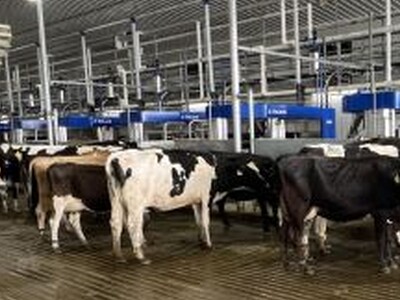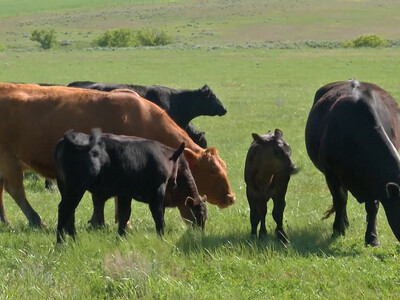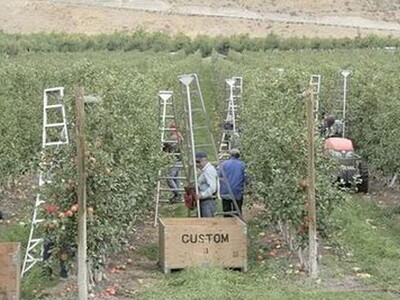Ranchers New Perspective on Wolves
Ranchers New Perspective on WolvesIt's far from just an Oregon problem, but Oregon Ranchers and wildlife managers gathered to discuss creative solutions for avoiding conflicts with wolves.
Hilary Anderson, who raises cattle in Montana, talked about some of the techniques she and her husband use in their wolf- and grizzly-bear-dense area for effectively avoiding losses.
Shella DelCurto is also a rancher, and visited the Andersons' operation with her husband last year after losing a calf to a wolf attack. She says there isn't a single strategy that works for everyone.
"You can take bits and pieces of this program out with you and maybe they'll help you," say DelCurto. "And that's the goal is just to give the ranchers some hope that they can still keep surviving, because this is a wonderful family way of life."
Suzanne Stone with Defenders of Wildlife says the Andersons' methods work, even though they ranch on the wild outskirts of Yellowstone National Park.
One of their tips is managing livestock carcasses, which attract wolves. Another is known as low-stress cattle handling. Stone says this method restores a herd's natural behavior, helping cows become less vulnerable to wolf attacks.
"Part of it is trying to mimic nature," says Stone. "Being able to use a more high-intensity grazing practice but low stress on the livestock and then, helping rebuild the herding instinct within the cattle, so that they themselves are more defensive about their young and each other."
Stone says many ranchers, conservation groups and state agencies want to work together in events like these rather than continuing to fight over wolf management.














